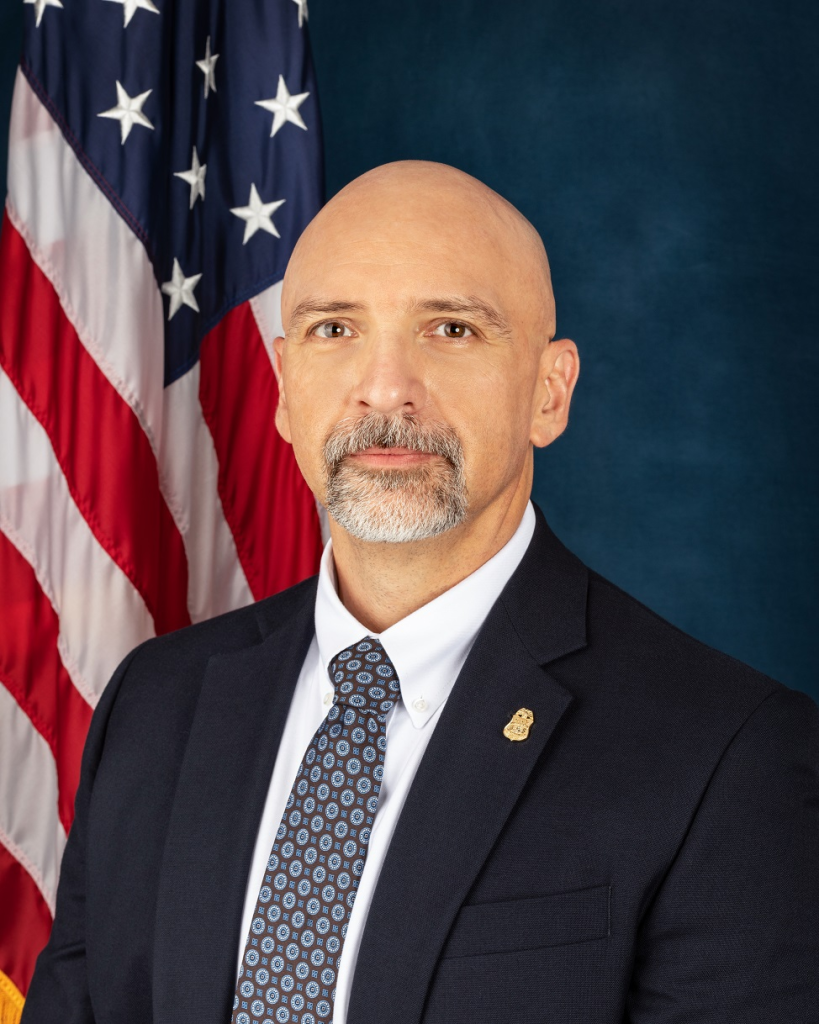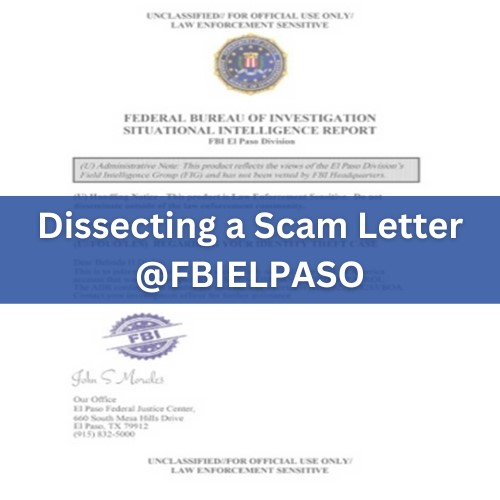
With El Paso so close to the Mexican border and Mexico in the throws of revolutionary struggle during the early 1900s, southwest Texas became a key focus of the Bureau soon after its founding in 1908. As the FBI heads into its second century, the El Paso Division remains committed to protecting the people and defending the nation while upholding the rule of law and the civil liberties of all.












